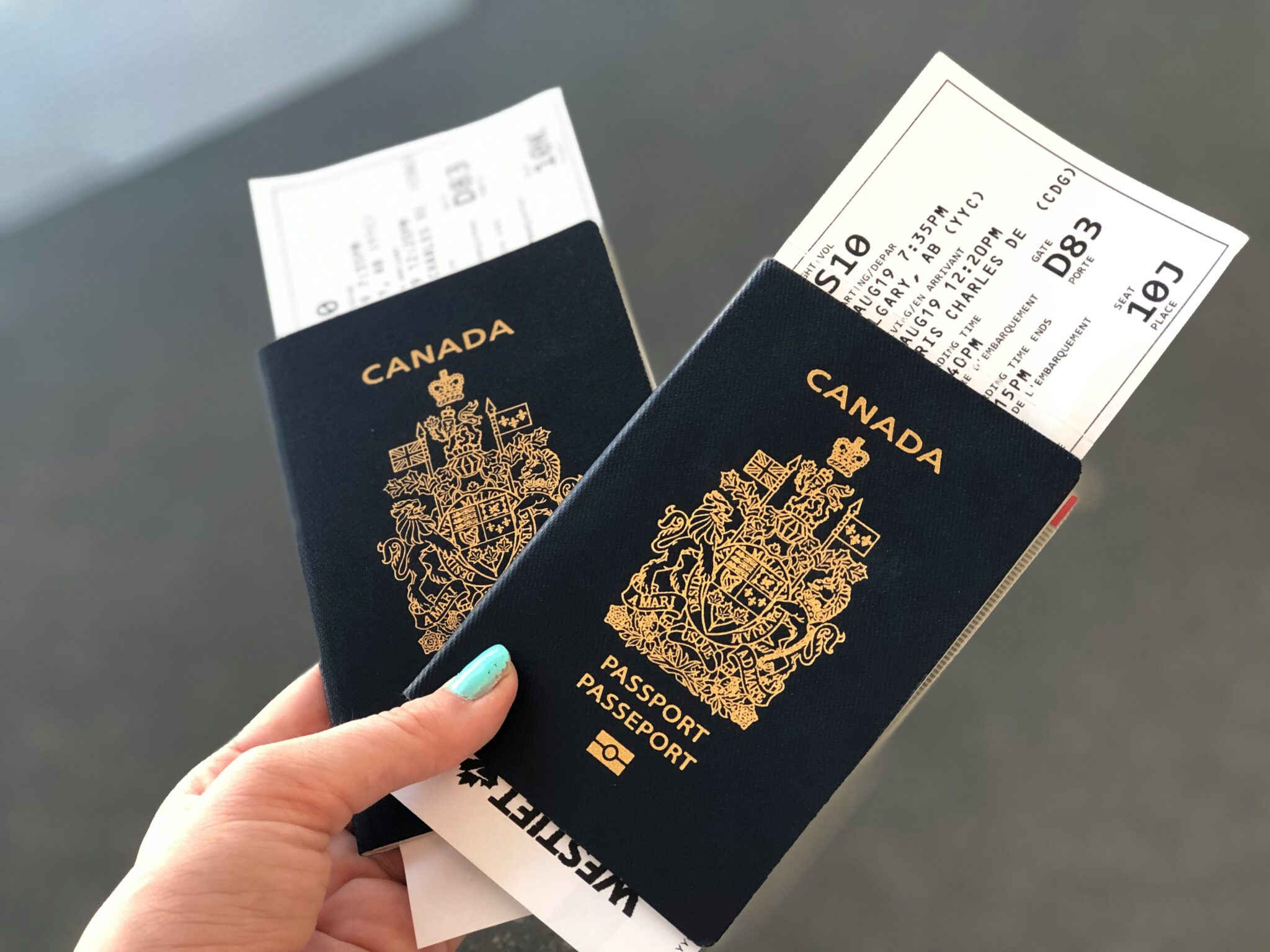Aimia Refuses to Sell Aeroplan Frequent Flyer Program Back to Air Canada
Skift Take
Aimia, which owns Air Canada's loyalty program, has rejected the airline's $250 million (C$325 million) cash offer to buy it back, Aimia said Thursday, just as the offer was scheduled to expire.
Air Canada and three partners, The Toronto-Dominion Bank, Canadian Imperial Bank of Commerce, and Visa Canada Corporation, said July 25 they sought to buy the program, for $192 million (C$250 million), plus the assumption of $1.54 billion (C$2 billion) in frequent flyer mile-related liabilities.
While Air Canada's group raised its offer during negotiations, Aimia wanted $346 million in cash (C$450 million), as well as some changes in the nature of the agreement, according to a release from the company.
In its statement Thursday, Aimia said the offer did reflect the program's value. But it's not so easy to value it, because since Aeroplan started in 1984, it has been Air Canada's frequent flyer program, in existence so the airline's customers could earn and redeem miles, through flying and by spending on airline-branded credit cards.
Air Canada has said it will create its own loyalty program in mid-2020, and once that happens, it's not clear what Aeroplan, stripped of its key customer, will be worth.
Aimia CEO Jeremy Rabe has said Aeroplan can exist after 2020 without the Air Canada relationship. In interviews with news outlets, he has said the program might charter its own airplanes, or and relationships with other airlines, to allow customers use the miles they earned with Air Canada. Aimia also disclosed this week it was in talks with global airline alliance Oneworld on a deal that it might permit Aeroplan members to use its miles on its member airlines.
But Air Canada CEO Calin Rovinescu argued on the airline's second quarter earnings call last week that Aimia's customers earned the miles on Air Canada and its partners, and likely intended to use them on those airlines But if the airline and Aimia cut ties in 2020, as will be the case unless the sides negotiate again, customers will have points in a standalone loyalty program with no Air Canada connection.
Rovinescu said Air Canada wanted to acquire Aeroplan in part to help its customers, who could have transferred their points to Air Canada's new program.
"We know lots of the Aeroplan members want to continue to be able to redeem on Air Canada," he told analysts. "That’s where they see the greatest value.”
As with any deal, it's possible the sides will return to negotiations, but it's clear Air Canada has leverage. On the earnings call, Rovinescu said he didn't expect any other buyers to emerge for Aeroplan. Plus, he noted Air Canada is ready to start anew in 2020, whether it owns Aeroplan or not.
Controlling its program is vital to the airline, Air Canada executives have said, because frequent flyer schemes give airlines valuable data about what their customers value. Almost every airline owns its program, but in the early 2000s, with Air Canada in worse financial shape, management spun off Aeroplan, generating valuable cash. At first it kept some control, but by 2008, Aeroplan was fully independent.
"While there were advantages to that strategy, over time, [we lost] control over the customer experience, being able to adapt and develop loyalty benefits, redemptions, and other parts of value proposition," Mark Nasr, Air Canada’s vice president for loyalty and e-commerce, told Skift in January. "We’ve been frankly unable to do it at the pace at which we wanted to. Having a separate company means that they have control over the program. We don’t."




